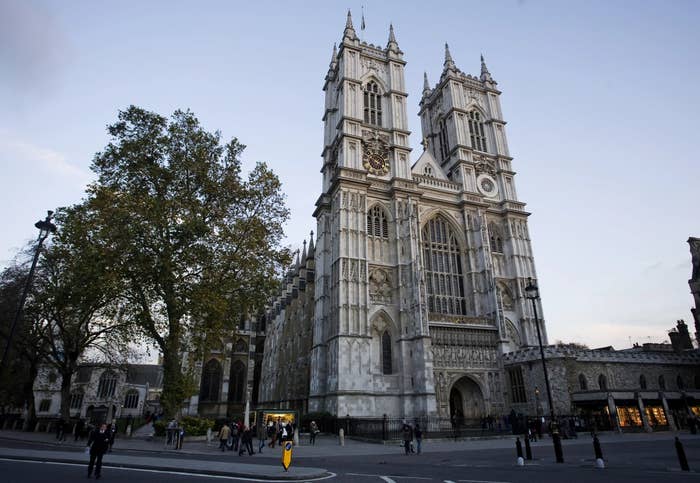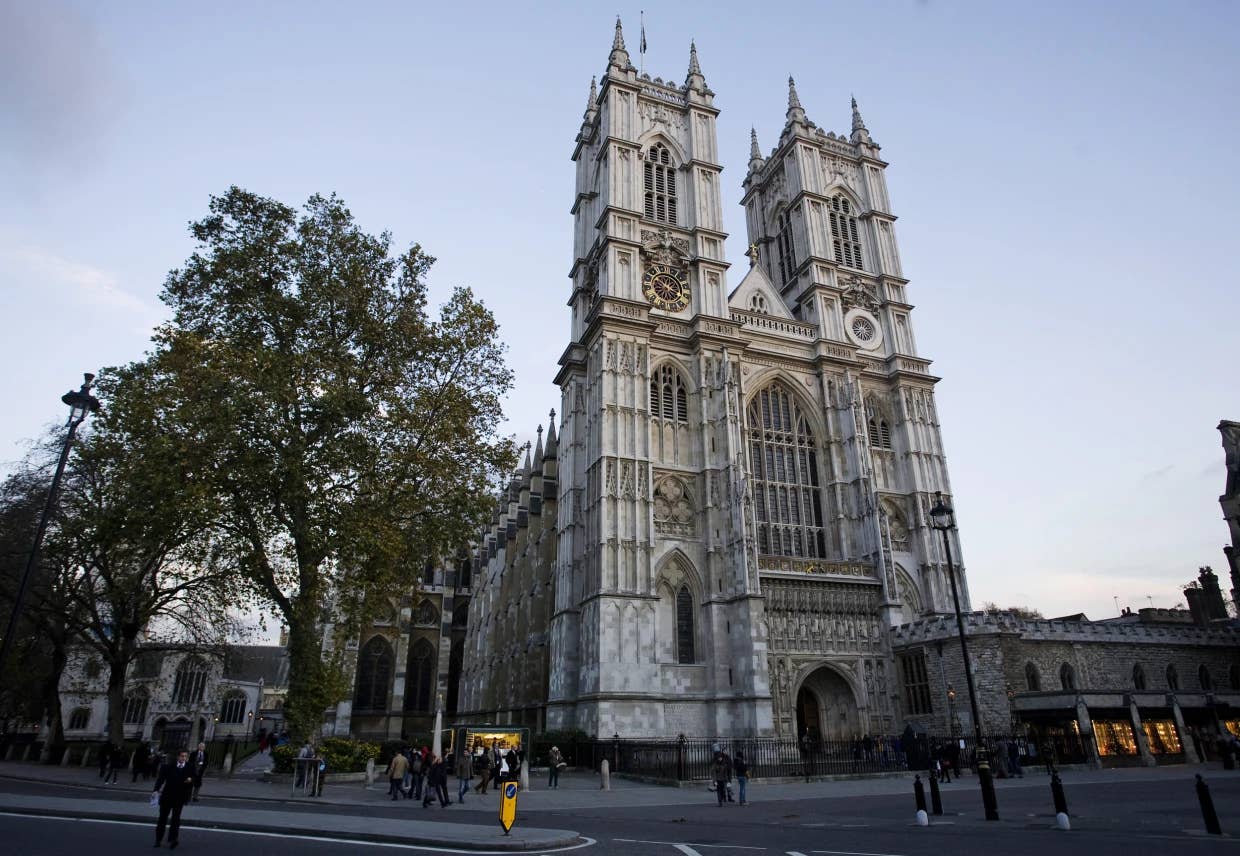
The Church of England has promised a £100,000,000 fund across nine years towards “communities affected by historic slavery”.
The funding will look to offer a “better and fairer future for all, particularly for communities affected by historic slavery”, a report for the Church Commissioners details.
An investigation instigated by the church last June found that a predecessor of the fund, called the Queen Anne’s Bounty, invested almost £406,942 (roughly around £724m in today’s terms) in the slave-trading South Sea Company during the 18th Century.
“There’s no doubt that those who were making the investment knew that the South Sea Company was trading in enslaved people, and that’s now a source of real shame for us, and for which we apologise,” Gareth Mostyn, Chief Executive of the Church Commissioners, told BBC radio.
Explaining that it was “time to address our shameful past” as the new fund was unveiled, Justin Welby, the Archbishop of Canterbury, previously spoke on the report’s findings, describing them as a “source of shame” in June last year.
He said: “The full report lays bare the links of the Church Commissioners’ predecessor fund with transatlantic chattel slavery. I am deeply sorry for these links.”
According to the report, the South Sea Company transported 34,000 slaves “in crowded, unsanitary, unsafe and inhumane conditions” during its 30 years of operation.
On Tuesday (Jan. 10), the Church Commissioners announced that it would pledge £100m over the course of nine years to aid investment, research and engagement.
It said it will also offer support on further research, including into the Church Commissioners’ history, to help research and address the historic slave links of dioceses, cathedrals and parishes.
“The trade in enslaved African people was responsible for inflicting much pain and misery on people of African descent in particular, but also on other groups around the world who have experienced deep injustices,” the report said. “It contributed to both the racial and class divisions and tensions we experience today in our society and, regrettably, in our church [the Church of England]. Churches and societies with such inequity and divisions do not flourish.”

